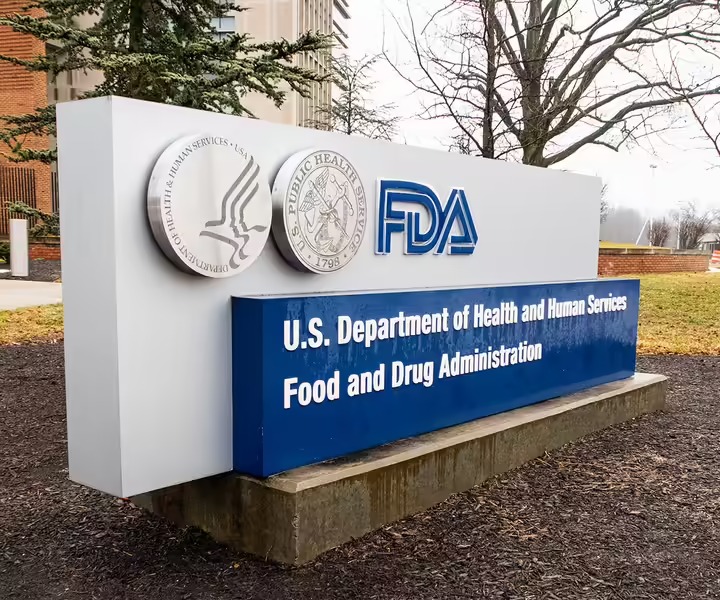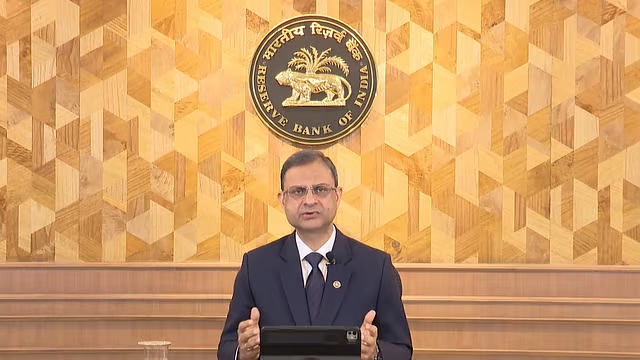The U.S. FDA has confirmed that contaminated children's cough and cold medicines linked to fatalities in India were not exported to the United States or any other country. India’s drug regulator assured the FDA of containment, while global health bodies seek further clarification amid rising concerns.
Toxic syrup scare: U.S. FDA and Indian authorities respond swiftly
Recent reports from India have revealed a tragic incident involving contaminated children's cough syrups, allegedly responsible for the deaths of at least 20 children. The medicines, found to contain toxic industrial chemicals like diethylene glycol (DEG) and ethylene glycol, have raised alarms across international health agencies.
U.S. FDA issues clarification
In response to growing concerns, the U.S. Food and Drug Administration (FDA) released a statement confirming that the contaminated products were not shipped to the United States. The agency emphasized its awareness of the situation and assured the public that it is actively monitoring developments.
Indian regulator steps in
India’s Central Drugs Standard Control Organisation (CDSCO) has informed the FDA that the implicated products were not exported to any other country. This statement aims to reassure international partners and prevent panic over potential global distribution.
Key highlights
- The FDA confirmed that no contaminated syrups linked to child fatalities in India entered the U.S. market
- CDSCO stated that the products were not exported internationally
- The World Health Organization is seeking clarification from Indian authorities
- At least 20 child deaths were reported in Nagpur, India, linked to Coldrif syrup
- Toxic chemicals identified include diethylene glycol and ethylene glycol, known to cause kidney failure
Global health implications
The World Health Organization has flagged a regulatory gap in India’s oversight of locally sold syrup medicines. This incident follows previous cases involving similar contaminants in other countries, prompting renewed calls for stricter pharmaceutical quality controls.
Conclusion
While the U.S. remains unaffected by this specific contamination, the tragedy underscores the importance of robust international drug safety protocols. Both Indian and U.S. authorities are working to ensure transparency and prevent future incidents.
Sources: Devdiscourse, Reuters, India Today




